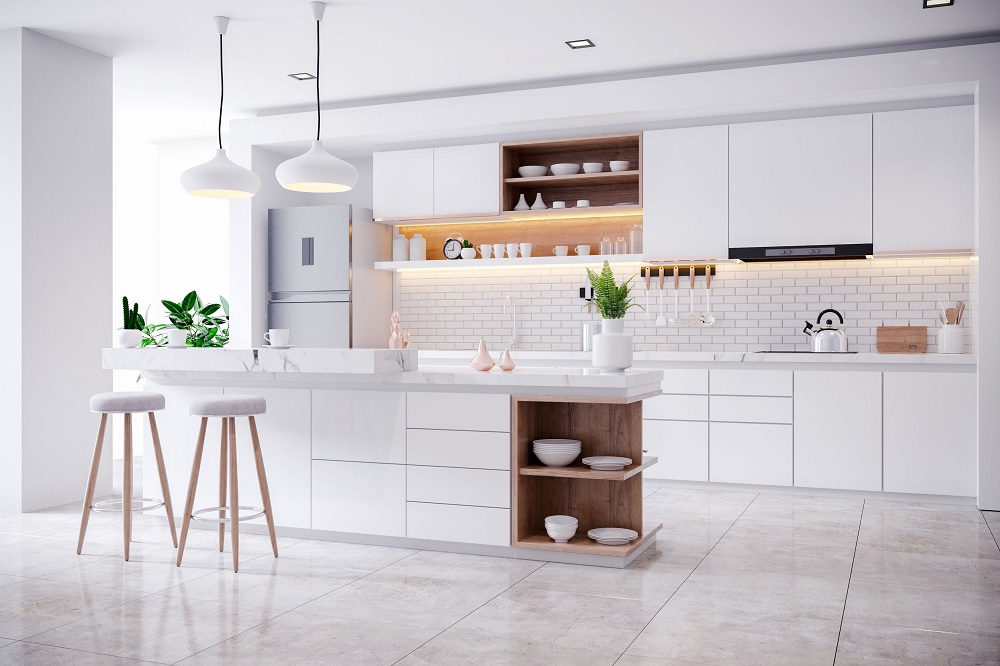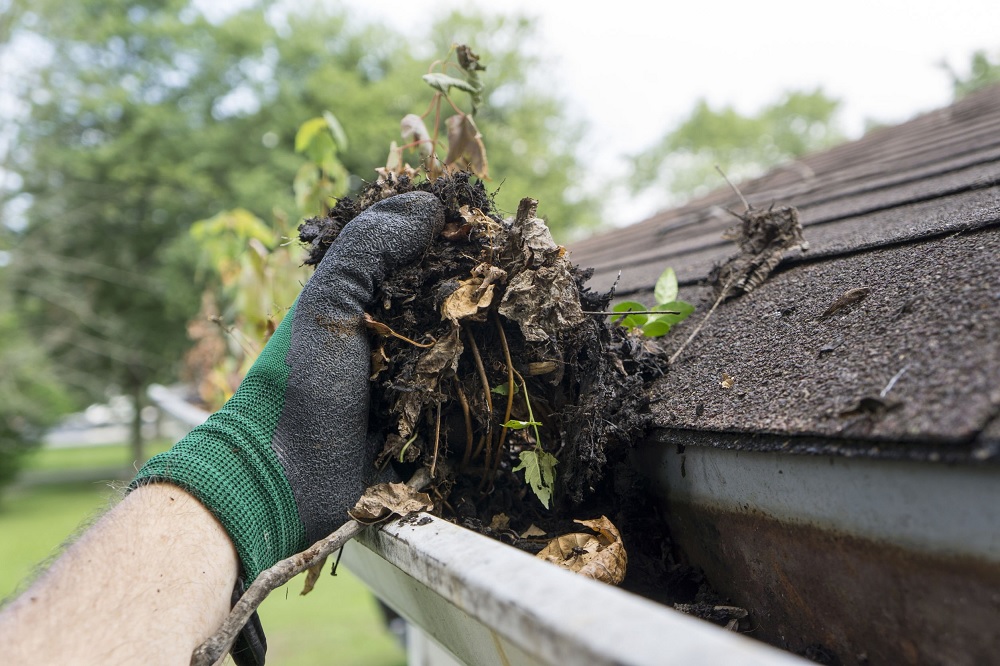In recent years, there has been a growing emphasis on sustainability in various industries, including construction. Sustainable construction practices prioritise environmental responsibility, resource efficiency, and social well-being. Making the switch to sustainable construction not only benefits the environment but also offers several advantages to builders, occupants, and society as a whole. In this article, we will explore seven compelling reasons why you should consider switching to sustainable construction.

1) Environmental Conservation
Sustainable construction significantly reduces the environmental impact of building projects. By adopting eco-friendly practices, such as using renewable energy sources, employing energy-efficient materials and systems, and reducing waste and emissions, you can contribute to the conservation of natural resources and the preservation of ecosystems. Sustainable construction minimises carbon footprint, protects biodiversity, and helps combat climate change.
2) Cost Savings
Contrary to popular belief, sustainable construction can result in long-term cost savings. While the initial investment may be slightly higher, energy-efficient designs, materials, and systems can lead to significant reductions in operational costs over the life cycle of the building. Incorporating features like solar panels, efficient insulation, and water-saving fixtures can lower utility bills, enhance energy performance, and reduce maintenance and replacement costs.
3) Improved Indoor Air Quality
Traditional construction practices often involve the use of materials that emit volatile organic compounds (VOCs) and other harmful substances. Sustainable construction focuses on using low-toxicity materials, such as low-VOC paints and adhesives, formaldehyde-free insulation, and sustainable wood products. These choices contribute to improved indoor air quality, reducing the risk of respiratory issues and enhancing occupant health and comfort.
4) Enhanced Occupant Health and Well-being
Sustainable construction prioritises occupant health and well-being by creating healthier living and working environments. Buildings designed with ample natural light, proper ventilation systems, and access to green spaces positively impact the physical and mental well-being of occupants. The integration of biophilic design elements, such as living walls or indoor plants, can reduce stress, increase productivity, and improve overall satisfaction.
5) Market Demand and Competitive Advantage
There is an increasing demand for sustainable buildings from both individual consumers and organisations. People are becoming more conscious of the environmental impact of their choices and are actively seeking sustainable alternatives. By embracing sustainable construction, you position yourself as a forward-thinking and responsible builder, attracting environmentally conscious clients and gaining a competitive edge in the market.
6) Regulatory Compliance
Governments and regulatory bodies around the world are implementing stricter environmental regulations and standards for the construction industry. By switching to sustainable construction practices, you ensure compliance with these evolving regulations, avoiding penalties and potential legal issues. Staying ahead of the curve and aligning with sustainability requirements can also open doors to government contracts and incentives.
7) Social Responsibility
Sustainable construction goes beyond environmental considerations and encompasses social responsibility. It promotes the use of ethically sourced materials, fair labour practices, and community engagement. By supporting local suppliers and employing sustainable building techniques, you contribute to local economies and create positive social impacts. Sustainable construction projects often prioritise social equity, accessibility, and inclusivity, ensuring that buildings are designed to benefit all members of society.

Conclusion:
Switching to sustainable construction practices is not only an ethical choice but a strategic decision that brings numerous benefits. From environmental conservation and cost savings to improved occupant health, market demand, and regulatory compliance, the advantages of sustainable construction are far-reaching. By embracing sustainability, you contribute to a greener future, enhance your reputation, and create buildings that positively impact both the environment and the people who occupy them. The time to make the switch to sustainable construction is now, and the benefits are invaluable.
Start being more environmentally friendly with Mapei Far East and their sustainable construction solutions. Contact them today to learn more!



